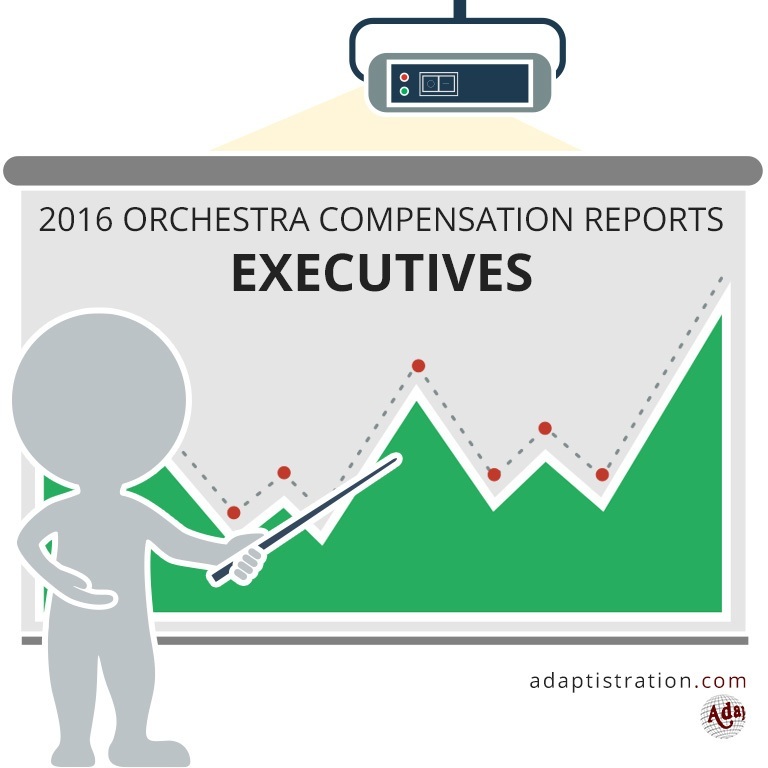“In order to attract quality administrators we need to offer them comparable salaries with their counterparts in the for-profit industry”
I hear this all the time from industry experts, executive recruiters, and (most dangerously) board members. But frankly it’s just a bunch of spin. Well not entirely, but mostly.
Here’s why it isn’t spin
Board members are typically successful businesspersons that work in a for-profit industry and have learned to trust their experience. Conversely, the majority of board members are rarely familiar with how an orchestra works, nor do they have an applicable frame of reference to fully understand why musicians chose to be musicians. But they do understand what it takes to be a successful businessperson, so when the going gets tough, they fall back on their for-profit business experience. Unfortunately, many board members begin to apply a rational that is not conducive to the spirit of an orchestra. They reason that in order to attract qualified executives to manage their orchestras, they should offer them a salary as close to their for-profit counterparts as possible. “After all, we don’t want our executives to get lured away by big money in the for-profit world.” Unfortunately, that usually produces the exact opposite result from what was intended.
Here’s a concept that should be considered a “cultural scientific law”: non-profit executives will never make as much as their for-profit counterparts. Consequently, if money were a “deal-breaker” in retaining talented orchestra executives, then I would suggest that those executives should not be considered in the first place. They should go out and get a job in the for-profit world. They’ll be happier and so will we. This industry should maintain the same level of dedication and standards between musicians and management, which includes determining salary levels. Musician and administrator, Karen Schnackenberg expressed this sentiment well when she wrote,“there is no substitute for passion and a belief in what we do.”
Here’s why it is spin:
Over the past decade, executive salaries have been artificially inflated. According to the U.S. Department of Labor, the average for-profit executive salary has increased more than 40 percent over the past twelve years, while the average non-executive for-profit salary has increased by only 1.6 percent. In the orchestra industry, the average ICSOM executive director earns more than four times the base musician salary, while the average ROPA
In the end, executives should be well compensated, but not to the excessive levels that are becoming industry standards. We shouldn’t find our leaders with a supply and demand mentality or by luring potential executives with exuberant salaries. We need to find people with the same dedication and commitment to the art form who posses administrative skills equal to the artistic talent of the musicians.


